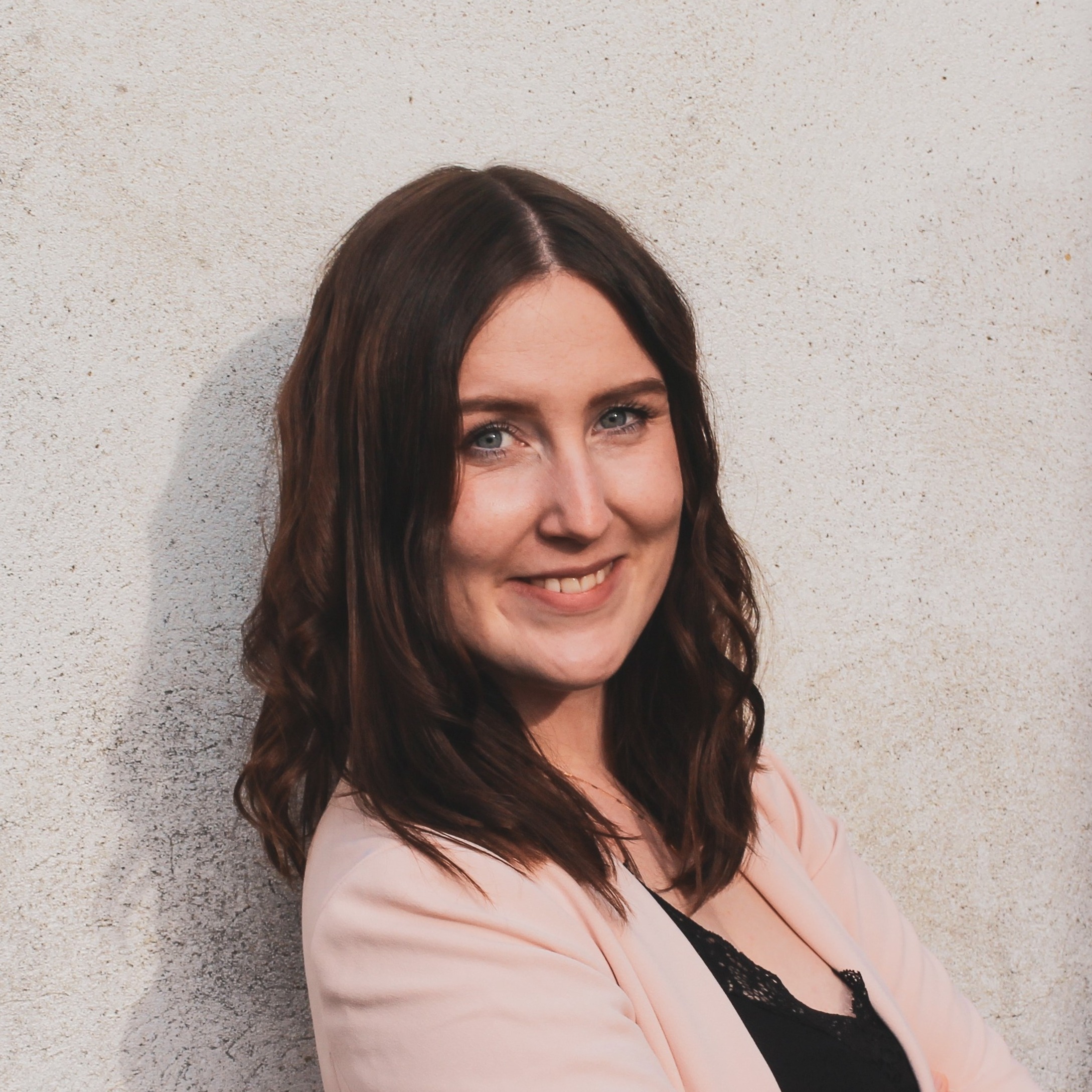Anna Luthin
Doctor of Philosophy candidate
Construction, Circular Economy

Biography
Anna is a Joint-PhD candidate at RWTH Aachen University (Germany) and the University of Melbourne. She works as a research assistant at the Institute of Sustainability in Civil Engineering (INaB). She studied Georesources Management at the RWTH Aachen University (B.Sc., M.Sc.). During her Master’s program, she specialized in environmental management and spent a semester abroad at the Università degli Studi di Padova in Italy where she studied the effects of climate change. Furthermore, she gained her first experiences in energy management during an internship at Daimler AG. In her Master’s thesis, she examined the identification of trade-offs between environmental and economic performance by combining Life Cycle Assessment (LCA) and Life Cycle Costing (LCC). Anna’s current research focuses on LCA, LCC, and Social Life Cycle Assessment (S-LCA) in the context of the Circular Economy (CE) and she is an active member of the Center for Circular Economy (CCE) at RWTH Aachen University.
Thesis
Towards a sustainable circular economy – a framework for integrating circularity in life cycle sustainability assessment
Circular economy (CE) has emerged as an umbrella concept to achieve a sustainable economy. CE concepts that apply one or more CE strategies such as refuse, recycling, or recover have great potential to reduce primary resource exploitation and greenhouse gas emissions, preserve biodiversity, or improve social well-being. But even though CE is necessary for achieving a sustainable economy, a shift from a linear economy to a CE is not automatically sustainable as trade-offs and burden shifting might occur (e.g., use of acid for cleaning/recycling or job losses in the mining industry). Moreover, the most suitable CE strategies to implement might vary from case to case, e.g., related to the recyclability of the material. The decisions of which CE strategies to implement are often not reliably derived and only rely on a few indicators such as recycling rate without considering the complexity of the three dimensions of sustainability (environment, economy, social aspects).
To evaluate the degree of circularity (e.g., the potential of closing loops) of different CE strategies as well as their contribution to sustainability, suitable and robust monitoring and assessment methods are required. The research on how to assess circularity and the sustainability of CE concepts has increased in recent years and many CE indicators have been introduced. These indicators mainly address the intrinsic circularity (e.g., recirculation rate) and to some extent the impacts of the CE strategies on sustainability. No single indicator that can cover CE and all its impacts on the environmental, economic, and social pillars exists. Due to the oversupply, diversity, and early stage of development of existing indicators, assessing circularity strategies is complex.
To assess the sustainability of CE concepts, life cycle sustainability assessment (LCSA) is an appropriate tool combining life cycle assessment (LCA), life cycle costing (LCC), and social life cycle assessment (S-LCA) and applying them in parallel. However, these approaches were developed for a single life cycle and need some adaptions in the CE context, for example, to avoid double counting. Moreover, no approach yet exists that considers the intrinsic circularity along with LCSA. This study aims to tackle this research gap by developing a framework that integrates circularity assessment into an enhanced LCSA approach for the CE context. The framework is intended to identify trade-offs between an improved circularity and resulting impacts on the environmental, economic, and social pillars to provide a basis for decision-making. Moreover, it will guide assessors when conducting LCSA for CE concepts. The framework will build on an extensive literature review and will be tested, validated, and improved by conducting two case studies.